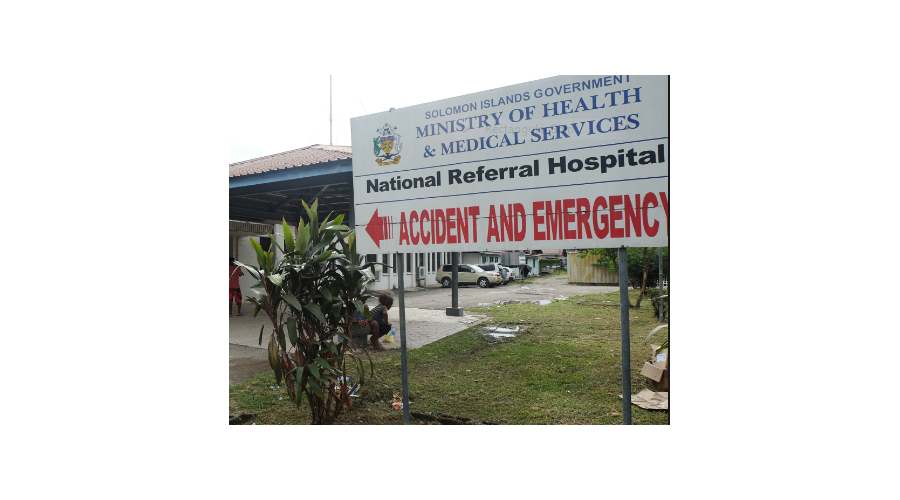11 July 2022
I remain concerned about the need for breast screening of women in the Solomon Islands and have no information that the NRH Cancer Unit has yet obtained a single mammogram machine to begin a regular breast screening programme.
I share the following story which adds to my concerns
Biopsies confirm a breast cancer diagnosis after an abnormal mammogram.
By Marissa Lawson
While mammograms are often the first step to detecting breast cancer, patients need additional tests after an abnormal screening result. Further imaging can determine if a finding is truly suspicious for cancer, and sometimes a biopsy is required to confirm a diagnosis. But biopsy delays reduce the benefit of early detection, putting patients at a higher risk of treatment failure and lowering their chances for survival.
Breast biopsies involve removing a small piece of tissue from a suspicious area and examining the sample under a microscope. Once doctors are able to confirm the presence of tumor cells and what type they are, they are then able to devise a treatment plan.
Much prior research has looked at disparities in breast cancer care, including potential factors underlying diagnostic and treatment delays. On average dark skinned patients are more often diagnosed with late-stage breast cancer, have higher mortality rates and are less likely to receive guideline-recommended treatment compared with white patients.
But previous studies have not looked at how multiple factors, including at the neighborhood and institutional level, can affect breast cancer care across diverse groups in different geographic locations. And not many studies have evaluated the disparities that may occur within the time-sensitive period between routine screening and an official diagnosis.
End of quote
Footnote.
By Marissa Lawson, Medical Fellow in Radiology, School of Medicine, University of Washington and Christoph Lee, Professor of Radiology, School of Medicine, University of Washington.
Yours sincerely
Frank Short



